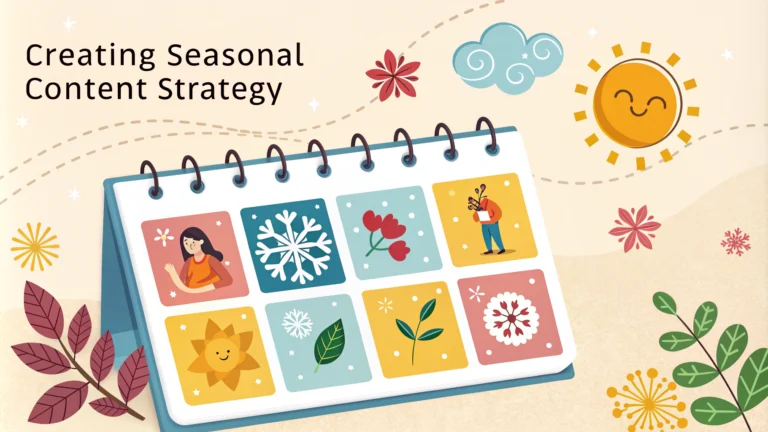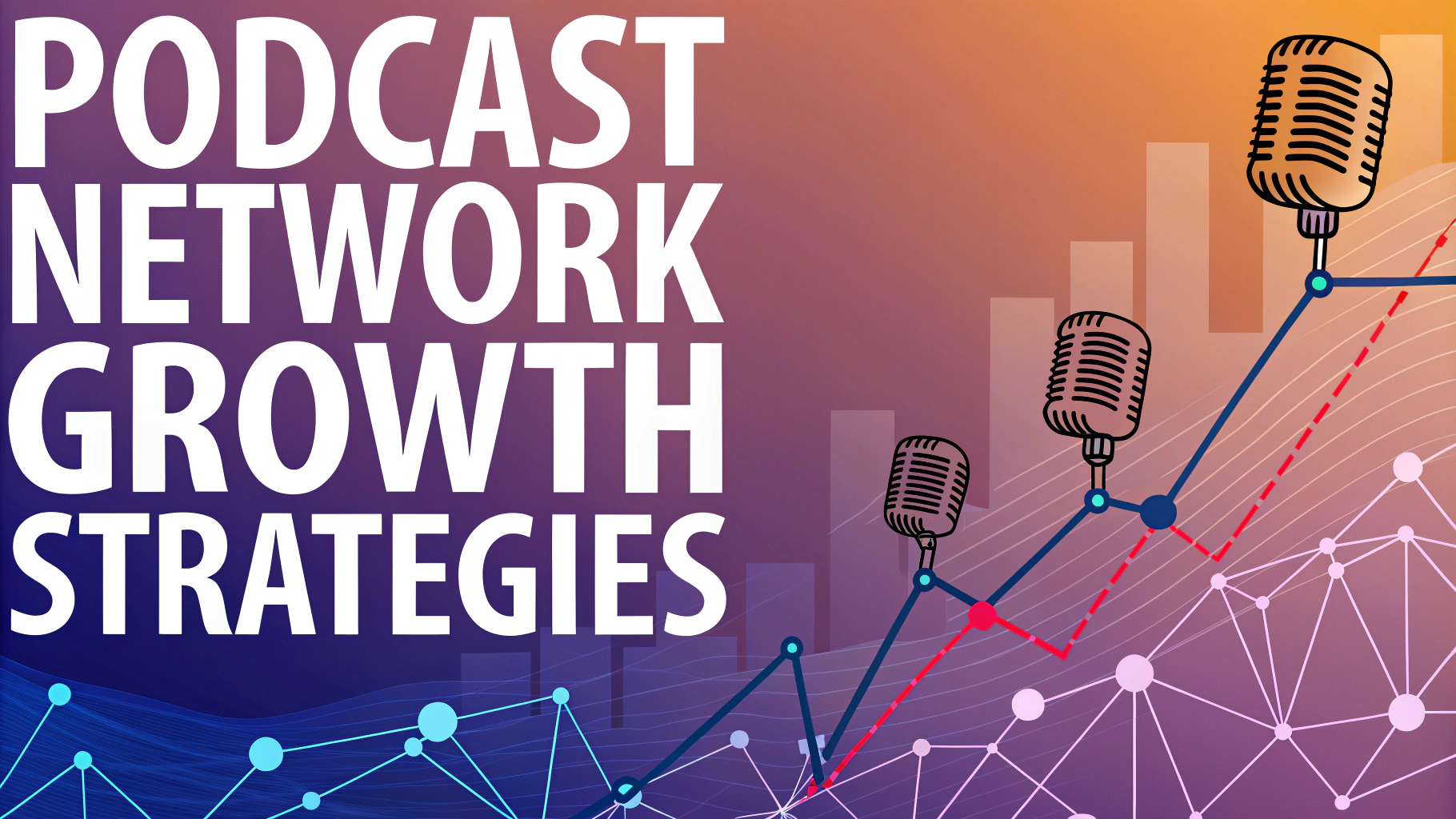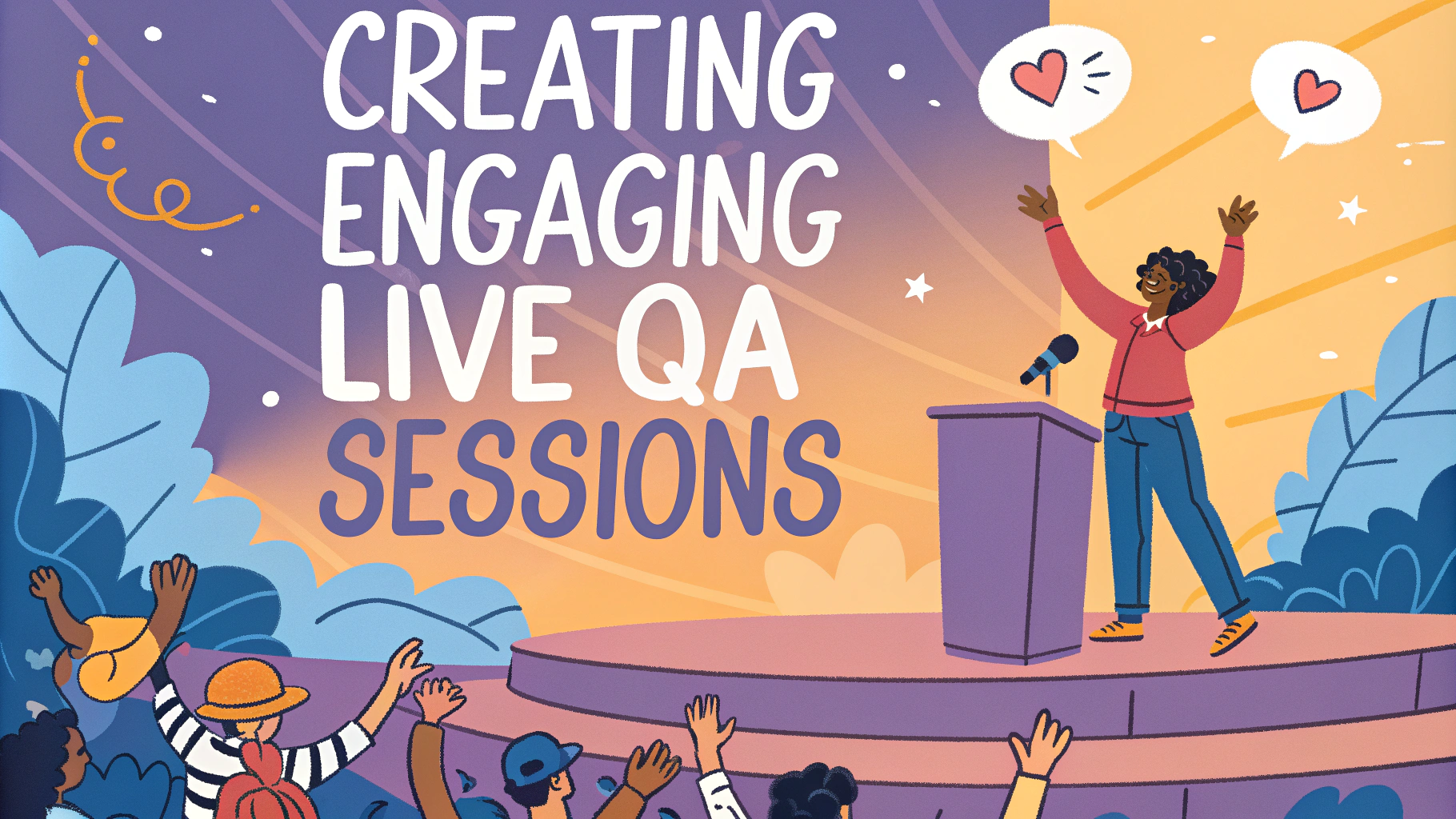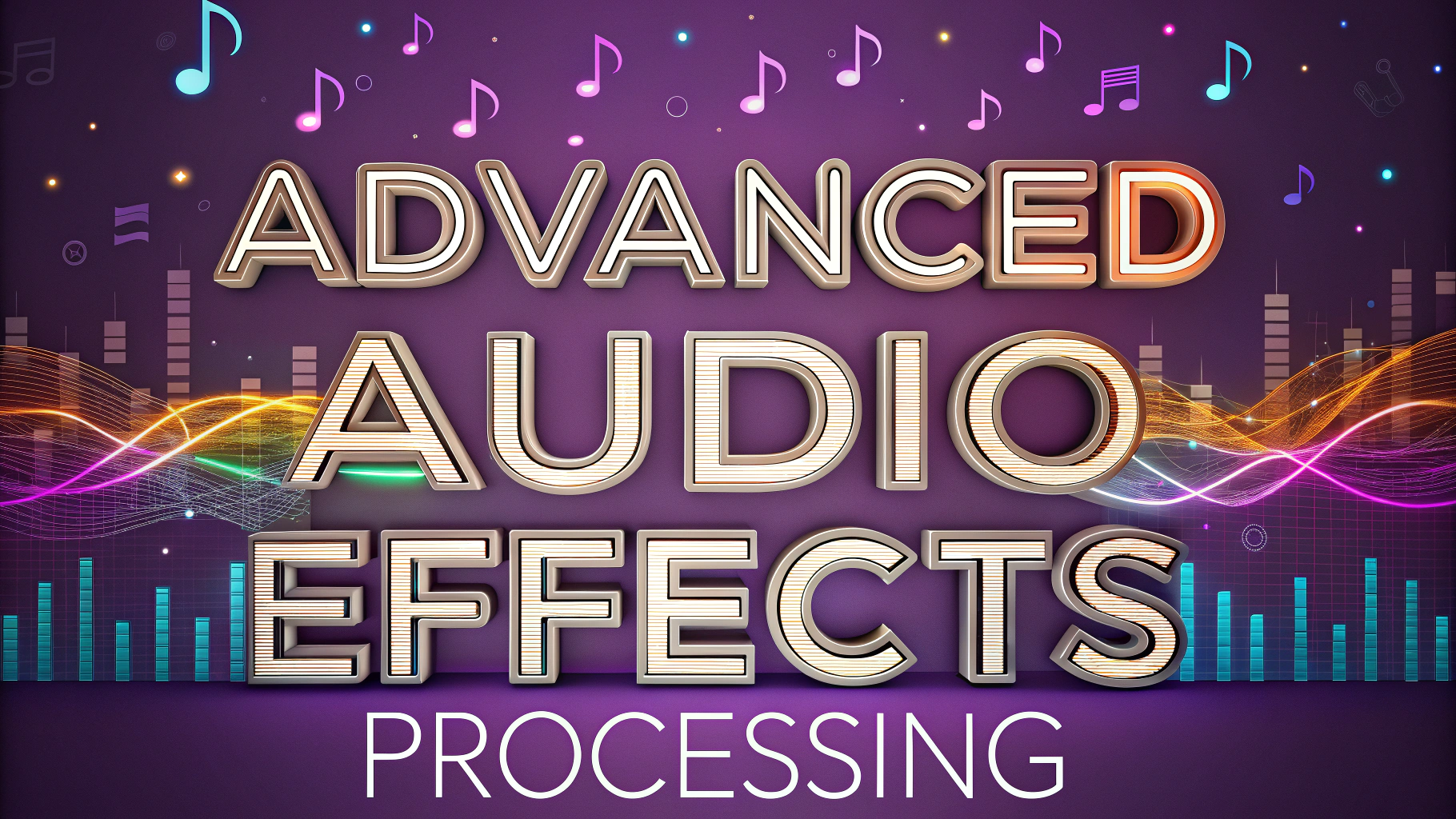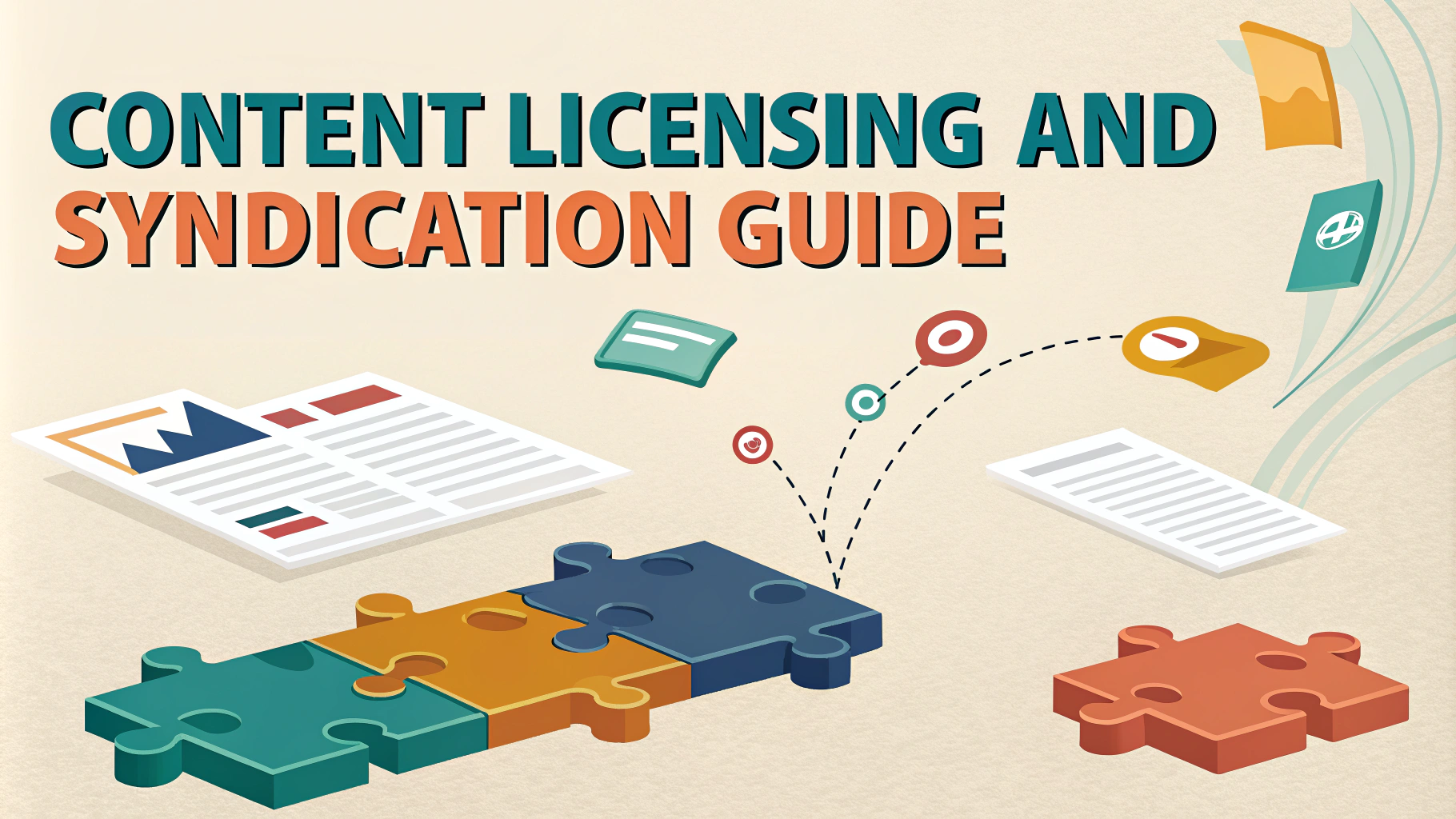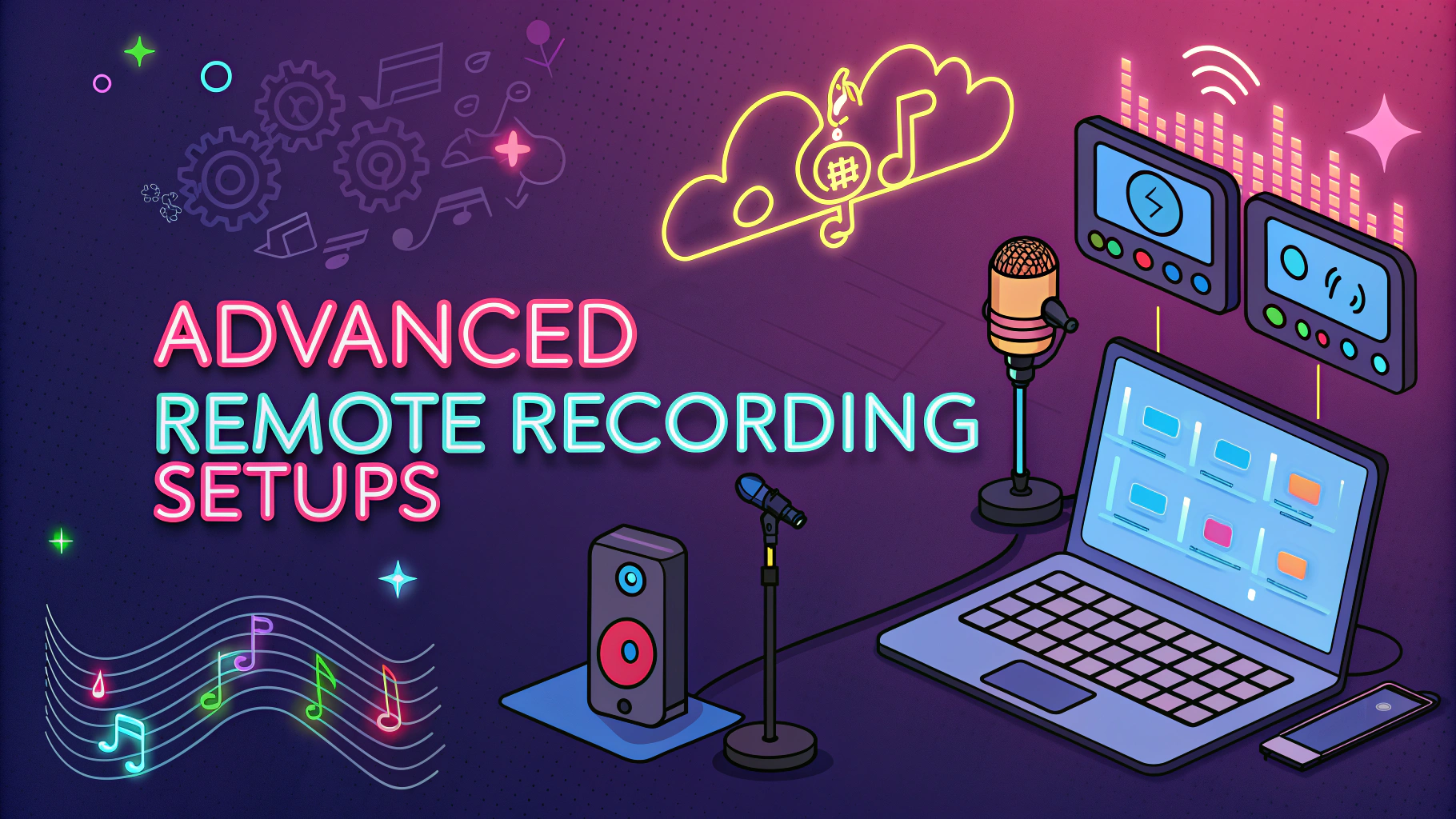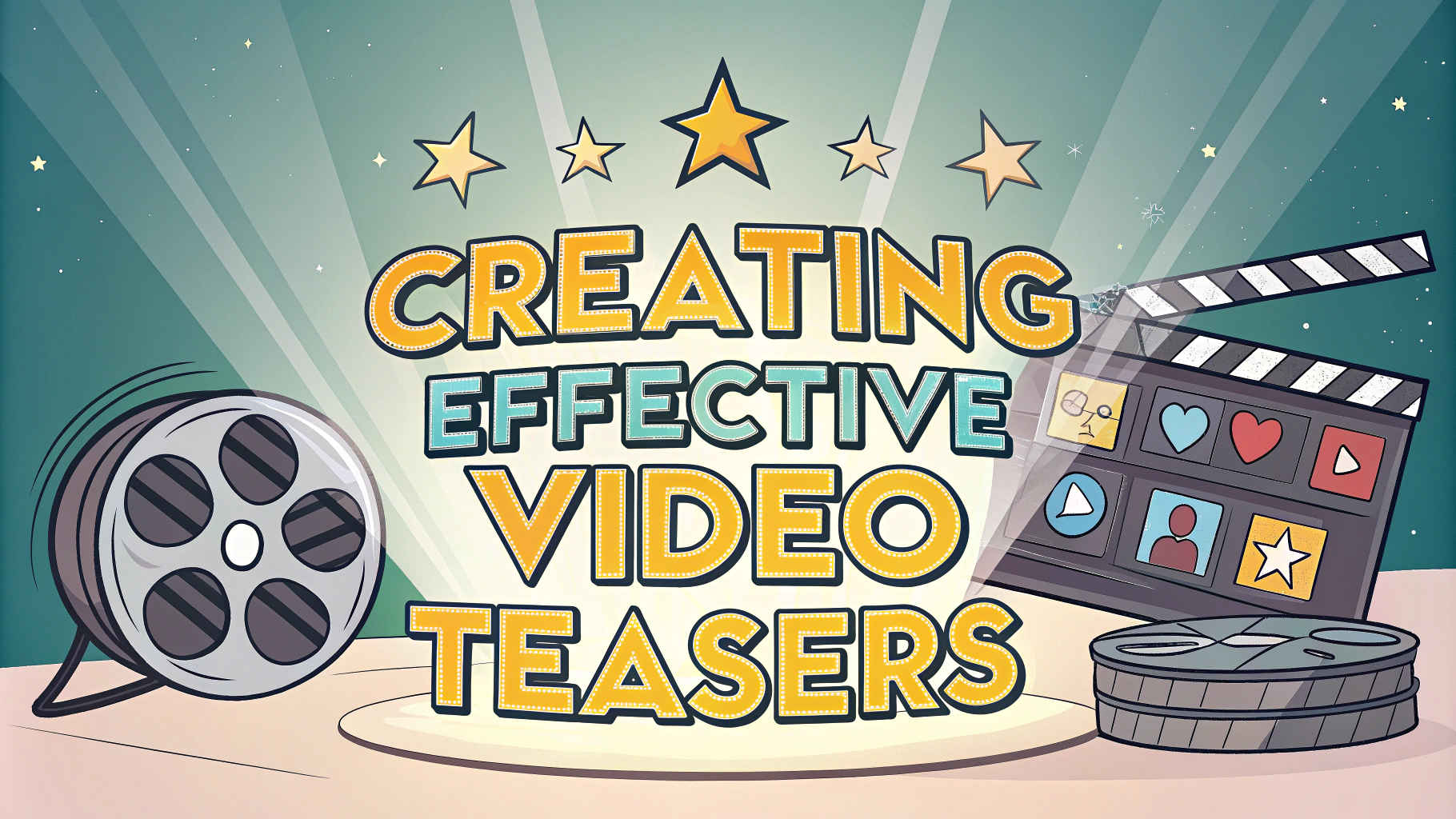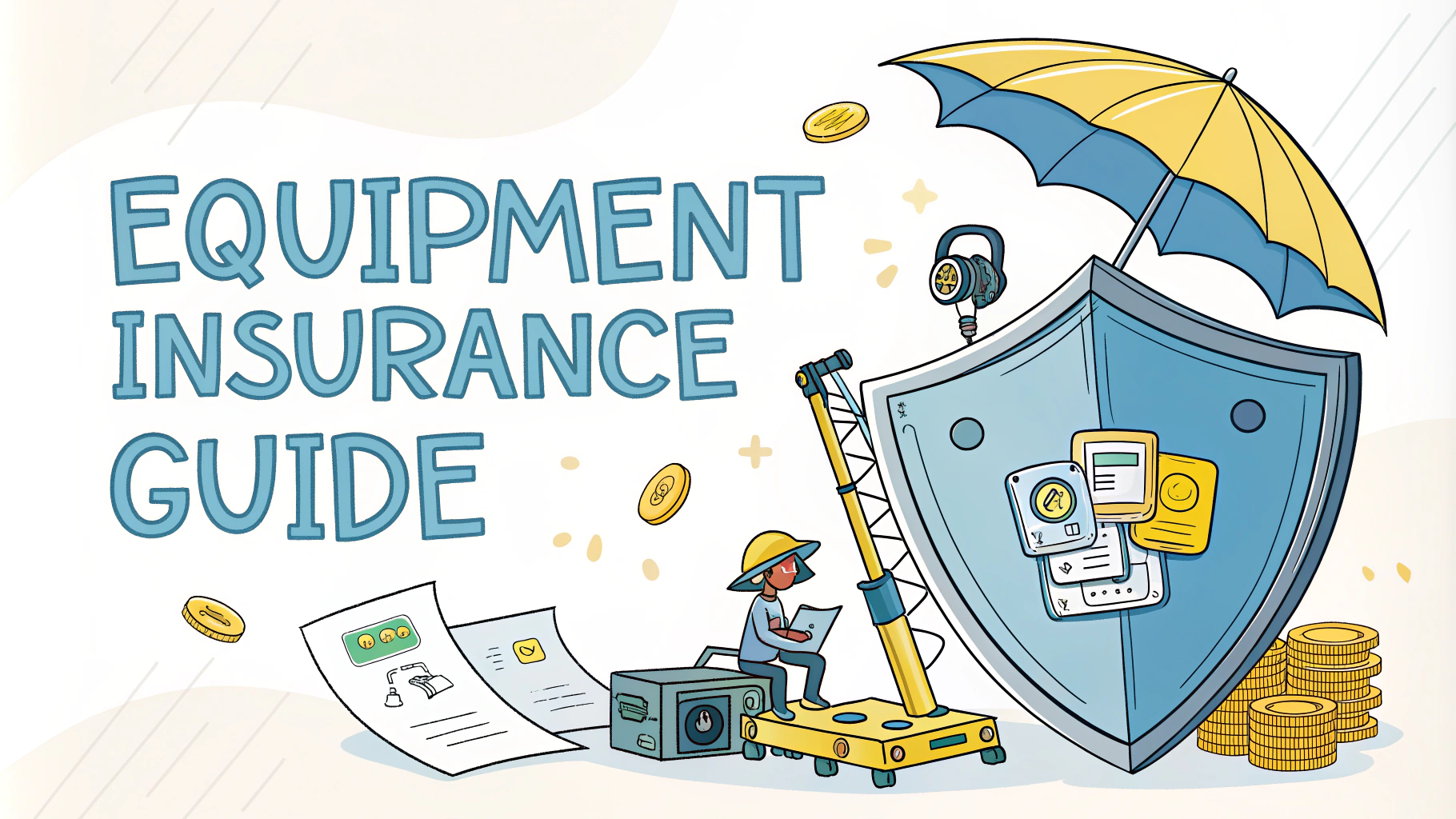Seasonal podcasting helps creators tap into timely topics and cultural moments that naturally engage listeners throughout the year.
Building content around holidays, events, and seasonal trends allows podcasters to stay relevant while maintaining a consistent publishing schedule.
This guide explores practical strategies for developing seasonal podcast content that resonates with your audience while maintaining your show’s core focus.
Planning Your Seasonal Content Calendar
Map out major holidays, events, and seasonal shifts that align with your podcast’s niche and target audience.
- National holidays and observances
- Industry conferences and events
- Sports seasons and championships
- School year milestones
- Shopping seasons (Back-to-school, Black Friday, etc.)
- Weather-related transitions
Types of Seasonal Content
Choose content formats that best serve your audience and topic:
- Special holiday episodes
- Season preview shows
- Year-in-review episodes
- Summer series or winter specials
- Event coverage and recaps
- Themed interview series
Production Timeline Best Practices
Start planning seasonal content at least 6-8 weeks before the target release date.
| Content Type | Lead Time |
|---|---|
| Holiday Episodes | 8 weeks |
| Event Coverage | 4-6 weeks |
| Seasonal Series | 12 weeks |
| Special Interviews | 6 weeks |
Maintaining Brand Consistency
Integrate seasonal themes while staying true to your podcast’s core message and style.
- Keep your regular format structure
- Use consistent intro and outro music
- Maintain your usual hosting style
- Connect seasonal topics to your main theme
Promotion Strategies
Maximize the impact of your seasonal content with targeted promotion.
- Update cover art for special episodes
- Create season-specific social media graphics
- Partner with other podcasters for cross-promotion
- Use seasonal hashtags in social media posts
- Send special newsletter announcements
Measuring Success
Track these metrics to evaluate your seasonal content performance:
- Download numbers compared to regular episodes
- Social media engagement rates
- Listener feedback and reviews
- Website traffic during seasonal campaigns
- Email newsletter open rates
Making the Most of Your Seasonal Strategy
Save successful seasonal content templates and notes for future use.
Consider creating an annual content calendar that combines evergreen and seasonal topics.
Remember to maintain a balance between timely content and your regular programming schedule.
Repurposing Seasonal Content
Transform successful seasonal episodes into different content formats to maximize their value:
- Create blog posts from episode transcripts
- Design infographics using key episode points
- Extract short video clips for social media
- Develop downloadable seasonal resources
- Compile themed episode collections
Audience Engagement Tactics
Enhance listener participation during seasonal episodes:
- Host seasonal Q&A sessions
- Run themed contests or giveaways
- Create interactive polls on social media
- Feature listener stories and submissions
- Organize virtual seasonal events
Managing Technical Aspects
Recording Schedule
Adjust your production timeline to accommodate seasonal content:
- Batch record seasonal episodes
- Build buffer content for busy periods
- Schedule guest interviews in advance
- Plan for equipment maintenance
Quality Control
- Double-check seasonal references
- Verify time-sensitive information
- Update show notes with current links
- Test all promotional materials
Building Year-Round Success
Transform your seasonal podcasting strategy into a sustainable, long-term approach:
- Document successful seasonal formats
- Build relationships with recurring seasonal guests
- Create templates for promotional materials
- Develop an annual content blueprint
- Set realistic goals for each seasonal period
Remember that seasonal content serves as a complement to your core programming, helping you stay relevant while building a stronger connection with your audience throughout the year.
FAQs
- What makes content seasonal in podcasting?
Content that aligns with specific times of the year, holidays, events, or cultural moments that your audience experiences regularly. This includes holiday specials, summer series, back-to-school content, or industry-specific seasonal trends. - How far in advance should I plan seasonal podcast content?
Plan seasonal content at least 2-3 months in advance to allow time for research, recording, editing, and promotion. For major holidays or events, consider planning 4-6 months ahead. - What are effective ways to repurpose seasonal podcast content?
Convert episodes into blog posts, social media clips, audiograms, email newsletters, and downloadable resources. Archive seasonal content for reuse in following years with updates and refreshed information. - How can I maintain audience engagement during off-peak seasons?
Create evergreen content mixed with seasonal episodes, develop mini-series, incorporate listener stories and feedback, and maintain consistent release schedules even during slower periods. - What tools should I use to track seasonal content performance?
Use podcast analytics platforms like Apple Podcasts Analytics, Spotify for Podcasters, Google Analytics for webpage traffic, and social media insights to monitor seasonal episode performance and audience engagement. - How do I avoid making my seasonal content feel forced or promotional?
Focus on providing value first, integrate seasonal themes naturally, maintain your regular tone and style, and ensure topics genuinely resonate with your audience’s interests and needs. - What are the best monetization strategies for seasonal podcast content?
Implement season-specific sponsorships, create holiday gift guides, develop seasonal premium content, offer special promotional deals, and collaborate with relevant seasonal brands. - How can I make my seasonal content stand out in a crowded podcast market?
Develop unique angles on seasonal topics, create original content formats, leverage cross-promotional opportunities with other podcasts, and optimize episode titles and descriptions for seasonal search terms. - What’s the ideal length for seasonal podcast episodes?
Maintain your regular episode length for consistency, typically 20-60 minutes, unless the seasonal content specifically requires a different format. Special episodes can be longer if the content warrants it. - How should I promote seasonal podcast content differently from regular episodes?
Start promotion earlier, use season-specific hashtags, create themed visual content, engage in seasonal podcast directories, and leverage email marketing with seasonal messaging.
